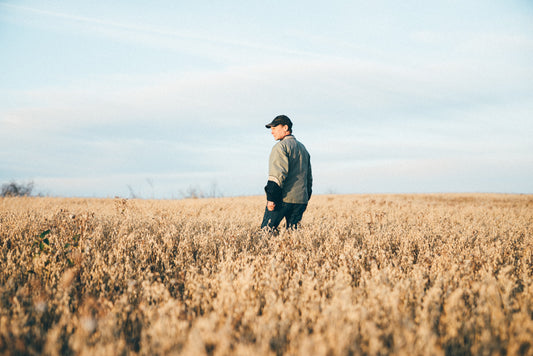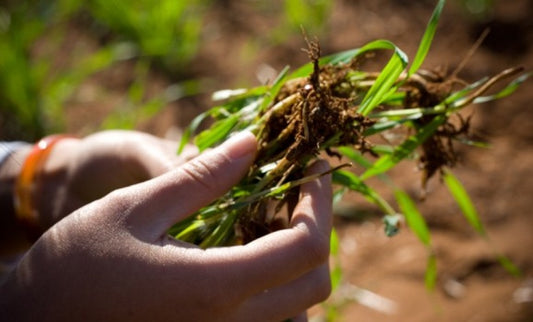Tips for Managing Climate Change Anxiety
From a psychological perspective, climate change anxiety isn’t much different than other forms of anxiety. Treating it is something you can do with the help of a trained counselor, with trusted friends or community groups, or through self-care and reflection, depending on the severity of your symptoms. If you feel like your life is significantly impacted by anxiety of any kind, the best course is to seek professional help.Take time to reflect on your feelings.
Acknowledging and exploring your feelings can go a long way in helping you process them. Both nihilism and optimism can detract from addressing your anxiety head on. According to climate psychologist Renee Lertzman, it’s important to “pause, take stock, reflect,” and in that process, “deal with whatever might be coming up around guilt, and shame, and remorse, and anger and all that stuff that is very natural when you start to really, truly accept and take stock of the situation.”Differentiate between constructive and destructive fear.
Climate change coverage and messaging often utilizes fear to get your attention and inspire you to take action. While fear-based appeals do appear to work, they are better at fueling one-time actions than long-term commitment. Over time, fear and its close cousin, worry, can debilitate your ability to act by causing burnout, numbness, or disengagement.Talk about your feelings.
Sharing fear-based messages through passive means, such as email or social media, tends to increase worry rather than generate meaningful solutions. Anxiety and fear are isolating. Sharing our vulnerabilities with each other humanizes the threat and helps people find similarities among our differences.Show compassion for the complexity of the situation.
Everyone responds to the threat of climate change differently. Shaming individual actions (driving a car, using plastic) is counterproductive and puts people on the defense. Compassion can turn anxiety into a constructive force. Lertzman says, “from a neurological perspective, it soothes the defense mechanism so we can actually move into prefrontal cortex problem-solving.”Aim for emotional resilience.
“You cannot have a healthy society that is scared,” asserts therapist and environmental activist, Lise Van Susteren. In the context of climate change, emotional resilience means working toward positive outcomes even when it’s unclear they’ll succeed. It means giving up on the search for quick fixes and addressing an overwhelming thing like climate change with our daily efforts. In a recent New York Times op-ed, authors Auden Schendler and Aaron P. Jones compare this sort of resilience to the incremental process of practicing something that challenges us – as in yoga or dieting or learning an instrument. “Our actions must be to scale, so while we undertake individual steps in our lives, like retrofitting light bulbs, we must realize that real progress comes from voting, running for office, marching in protest, writing letters, and uncomfortable but respectful conversations with fathers-in-law. This work must be habitual. Everyday some learning and conversation. Every week a call to Congress. Every year a donation to a nonprofit advancing the cause. In other words, a practice… And we know what happens when enough people take up a cause as practice: Cultural norms change.”Would you like to be the first to hear about our new products and more?
Sign up for our Nature’s Path Newsletter.








